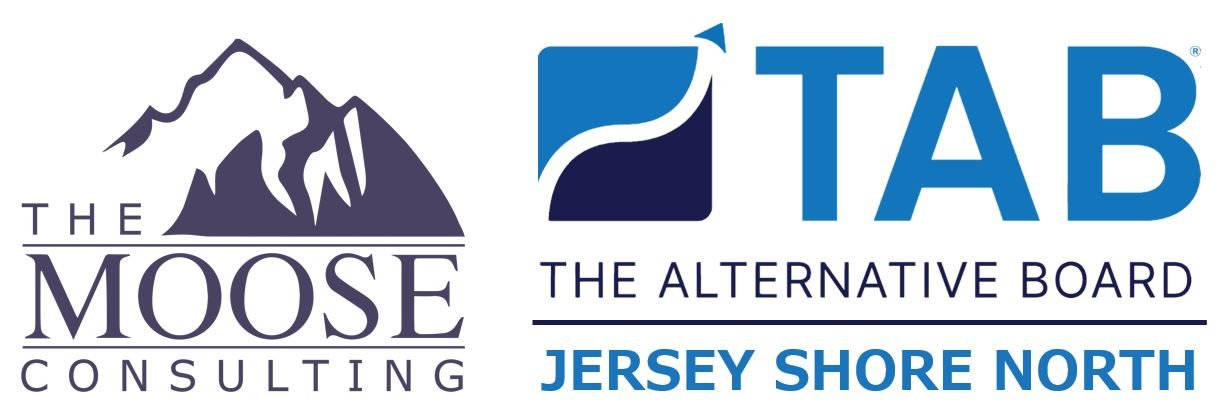How to Make A Business Plan In Just 10 Steps
A business plan is a written description of the future of your business. A document that explains what you are going to do to make your company profitable and how you have to do it. Normally when a business idea arises you know what resources and capabilities you have to start with, and where you want to get to in a certain period (normally in 3 or 5 years). But what is the way to reach that goal? Where to start? How to arouse the interest of investors?
Why do I need to make a business plan?
To find investors. If what you need is only to write the financial part of your company, we give you the 10 key points to create a financial plan.
· To apply for loans.
· To know the viability of your business idea.
· To make improvements to your current business.
How to make a business plan?
1. Cover and index
The first impression will undoubtedly influence the decision of investors. You must include in the business plan a simple but precise cover with all the information about the company: logo, name, address, telephone, email, website, name of the founder, and, if appropriate, a photo of the product or service.
With the index, you must order all the points of the business plan with the corresponding page number. Make it as complete as possible so that the reader has a clear idea of what the document contains.
2. Executive summary of the needs and objectives of your business
In the first part of the document, you must make a descriptive summary of the idea that includes the following points: the product or service and its advantages, the opportunity in the market, the management team, the trajectory to date, the financial projections, the financing needs, and expected profitability.
You must define the need or the problem that your business intends to solve. But, above all, you will have to capture the attention of investors in approximately two pages where you will summarize the most important points of the text. In addition, you must take into account several things:
If you are still not sure what the fundamental objectives of your business are, you need to think about them before making the business plan.
It is interesting to refer to the time it has taken you to develop the business idea and the work you have done to date.
3. Describe how you will solve the problem explained in the summary
At this point, you should describe the mission of your business. A list of actions that your company needs to face an existing problem in the market.
Describe what your product or service is, what customers will get with their purchase, and what its pain points or drawbacks are. The latter is very important when making a business plan, readers will highly value your sincerity.
Surely there are already companies that are working for the same goals. Identify them and ask yourself: How am I going to differentiate myself?
4. Explain why your business is unique and who will be part of it
Making a business plan involves examining the strengths and weaknesses of your competition, once identified you can justify why your business is unique. You must stand out from the crowd to increase the investment opportunity.
At this point, you can also include the skills of your team to make your business unique. That is, refer to the following information:
· How will the administration of the company be carried out?
· Describe the background and experience of each team member.
· Clarify how you are going to cover the main areas of production, sales, marketing, finance, and administration.
· Include management accounts, sales, stock control, and quality control.
Analyze, if you see it necessary, the location of the company and the advantages and disadvantages of this situation.
If there is something that investors values, it is the commitment capacity of the entrepreneur. Take advantage of this point of the business plan to show them the amount of time and money that your team and you are willing to assume.
5. List the characteristics of the market in which you will develop your business
You will have to analyze the conditions of the market: how big is it, how fast is it growing, and what its profit potential is.
Explain how you are going to research your audience and with what tools.
Know the target of the market in which the business will be developed and direct your marketing strategies towards that target. If you do not guide your marketing strategy you will lose time, effort, and money. Make sure you answer the following investor questions: What are your competition's products and how do they create them? Why would someone abandon your current competitors to buy from your business?
6. Come up with promotional strategies
This is where the marketing plan for your business should be included. It is perhaps one of the most relevant steps when making a business plan. Promotional and marketing strategies could determine the success or failure of your company. To organize all this information try to answer several questions:
· How are you going to position your product or service? (Compare features such as price, quality, or response time with those of your competitors)
· How are you going to sell to your customers? (Telephone, website, face-to-face, agents…)
· Who will be your first customers?
· How will you identify potential customers?
· How are you going to promote your business? (Advertising, public relations email marketing, content strategy, social media…)
· What benefit will each part of your business achieve?
7. Analyze your sources of income
When you get to this point in making your business plan you should start translating everything you have said into numbers. That is, analyze the financial forecasts of your business.
The analysis should include price structure, costs, margins, and expenses.
If you need more information on how to make a financial plan, we recommend reading this guide.
8. Create a plan to deal with profit or loss
If you hit a rough patch early and don't have a plan, your business could suddenly go under or fail. If you receive unexpected success instead, your goals could suddenly change and you will need a new business plan.
Therefore, you will need to assess the risks to your business, identify areas where something could go wrong, and explain what you would do in that case.
9. Attachments
It is very possible that after making the business plan you will need to give additional information to complement it. For example:
· Market research data that you explained in point 5.
· Curriculum of the team that will form your company (very important if you are looking for external financing).
· Technical specifications of the product or service (you can include photographs).
· The names of some potential clients.
10. Lean on freelance talent to make your business plan
At Moose Consulting we support startups and small businesses in their initial phase. That is why one of the most demanded projects on the platform to be carried out by freelance experts is the writing of a business plan.
Why rely on freelance professionals? Creating a business plan usually means writing more than 50 pages with attractive, dynamic, and precise texts that manage to capture the attention of very demanding people. It should catch the attention of investors, who despite having read hundreds of them, should find something unique in your business plan.
The best way to create this document with the utmost peace of mind and with the support of qualified professionals is through freelance talent. Find out now and we will help you find the best professionals to make your business plan.


